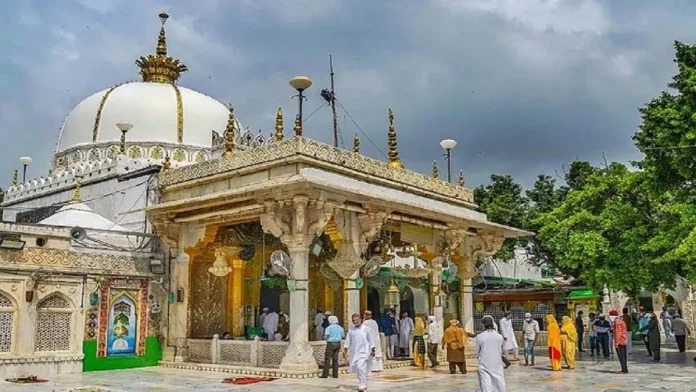Ajmer Dargah is a symbol of faith for all, Ensure compliance with Supreme Court and the Rule of Law
– Raheem Khan
Ajmer: The People’s Union for Civil Liberties (PUCL) has strongly condemned the misleading claims and propaganda targeting the Ajmer Dargah and has called for strict adherence to laws governing religious places.
In a statement, PUCL highlighted that Ajmer is a symbol of communal harmony, hosting globally significant religious sites such as the Dargah of Khwaja Moinuddin Chishti, the Brahma Temple, Jain pilgrimage centres, churches, and Parsi temples. The Dargah, with its 800-year history, stands as a testament to interfaith unity, attracting millions of devotees from various religions over the centuries. Its development reflects contributions not just from Muslim rulers but also from Hindu kings.
PUCL expressed concern over recent baseless claims by an individual unfamiliar with Ajmer’s rich history and harmonious traditions, alleging the existence of a temple beneath the Dargah. These claims, aimed at garnering cheap popularity, have regrettably been entertained by the judiciary despite having no historical basis. For centuries, the Dargah has epitomised communal harmony, with Jain processions, Jhulelal celebrations, and even RSS marches receiving flowers as they pass the site.
The organisation emphasised that the Places of Worship Act, 1991, unequivocally prohibits altering the religious character of any place of worship as it existed on August 15, 1947. This was reaffirmed by the Supreme Court in the M. Siddiq (Ram Janmabhoomi Temple) vs. Suresh Das case (2019), which upheld the Act’s constitutional validity, recognising its importance in maintaining communal harmony and protecting India’s pluralistic heritage. The Court described the Act as a cornerstone of India’s secular fabric, designed to prevent historical claims from being misused for political or religious purposes.
PUCL also pointed out that Ajmer Dargah is governed by Dargah Khwaja Saheb Act, 1955, which explicitly recognises it as a Muslim religious site. Any claims suggesting otherwise directly violate Indian law.
National President Kavita Srivastava, Rajasthan PUCL President Bhanwar Meghwanshi, and General Secretary Anant Bhatnagar stressed the responsibility of the government to ensure the safety and security of minority communities and to protect the secular character of the nation. They urged both the central and state governments to take proactive measures against individuals spreading baseless claims that incite societal unrest. PUCL also appealed to the Supreme Court to instruct lower courts not to entertain cases that contravene the provisions of the 1991 Act.




